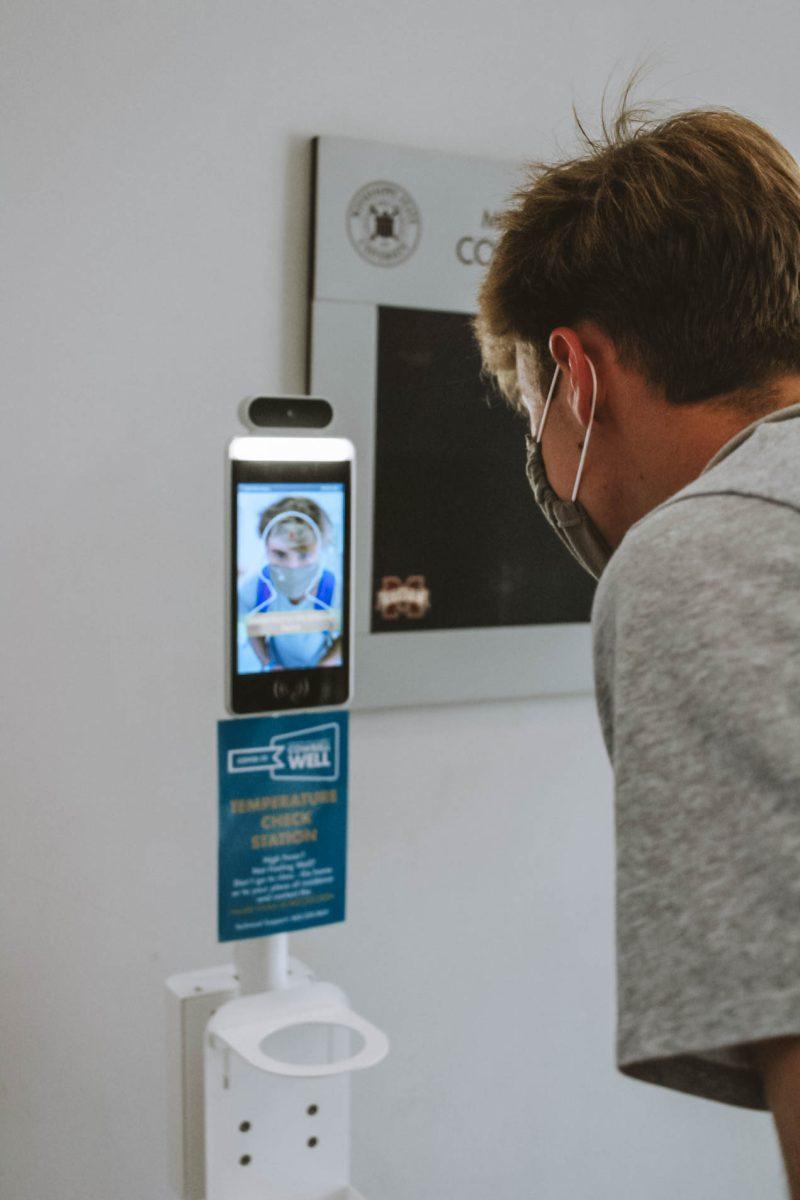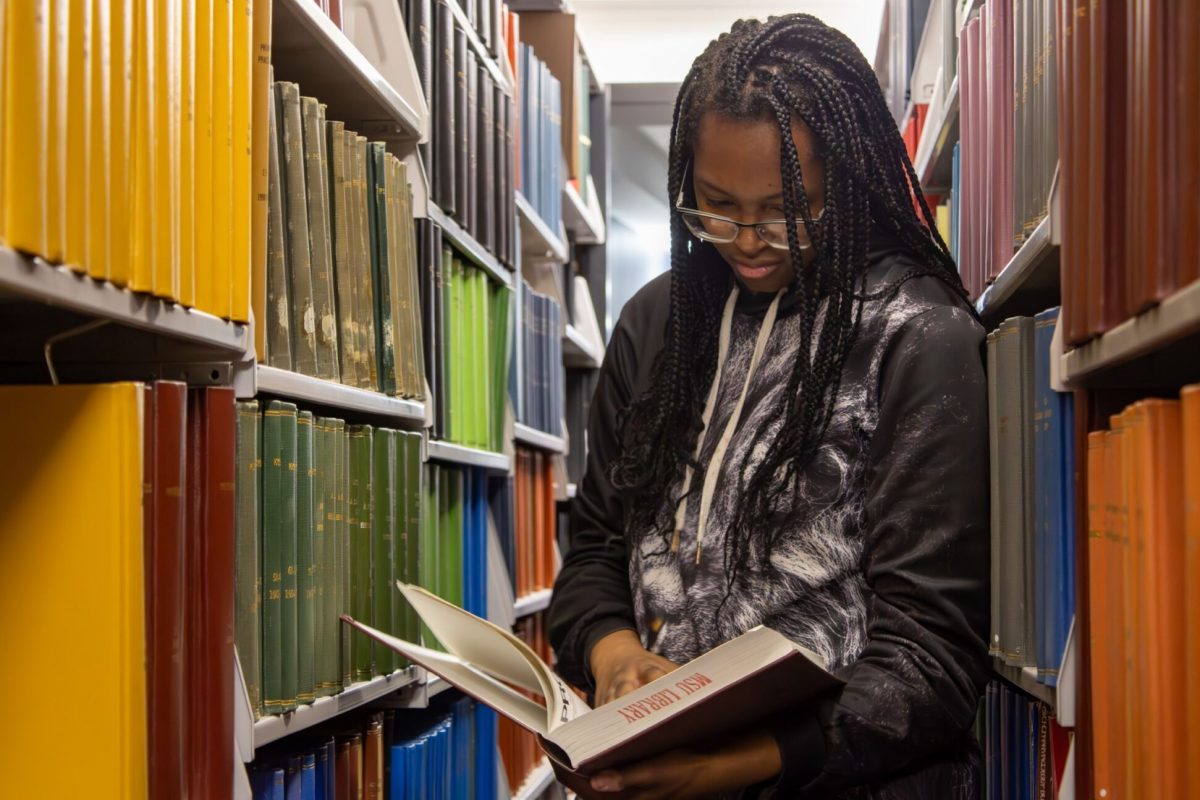Maintaining an effective educational environment that accommodates for seeing students in person every day of the week in the middle of a global pandemic is a tall order for any institution to meet, but this is exactly the situation we find ourselves in this current semester. Mississippi State University’s Cowbell Well initiative to help limit the spread of COVID-19 within our community is reliant on a host of factors including a mask mandate inside of all MSU buildings, room for social distancing of seats inside of classrooms and the establishment of designated quarantine locations across Starkville. The reason for the precautions is obvious— face-to-face learning is more effective and preferred by the student body and faculty.
According to David Deming of the New York Times, “The personal services provided by educators include tutoring, individualized feedback and mentoring, and numerous studies, as well as countless individual experiences, show that such services are essential for learning.”
These personal services are simply irreplaceable in an online learning environment when compared to a traditional classroom setting.
However, access to this higher quality education comes with an essential caveat of conducting the learning process safely for students and educators, and keeping everyone safe is everyone’s job. The primary way we can ensure we are being as cautious as possible is to monitor personal health by following MSU’s Cowbell Well guidelines and completing daily health screenings.
Conducting a daily health screening on yourself is a simple process which can help protect the health of the MSU community at large. According to MSU’s website, “students will be required to complete a temperature screening every 24 hours along with the self-reported health questionnaire.”
The intention behind implementing this daily health screening is to create an additional line of defense between potential carriers of COVID-19 and the MSU population as a whole.
According to the Centers for Disease Control and Prevention, symptoms of the COVID-19 virus are fever, dry cough, difficulty breathing or shortness of breath, fatigue, muscle aches, sore throat and several other symptoms common to viruses. These are the visual symptoms which MSU’s daily health screenings seek to catch prior to students coming to campus.
Since the COVID-19 virus does not possess any unique symptoms to differentiate it from other common viruses like the flu, it is best to err on the side of caution and only encourage students to come to campus if they are asymptomatic in all regards.
Reporting these daily screenings helps the university keep track of who in the community needs to be tested for COVID-19 and more accurately assess what buildings and rooms need to be cleaned because of potential exposure. Without these records, the university is essentially blind in maintaining cleanliness standards inside its buildings and keeping the community healthy as a whole.
Finally, the daily health screenings provide a starting point for the university to begin a contact trace and discover who a potentially infected person may have come into contact with in order to slow the spread.
Daily health screenings not only help the university monitor the development of COVID-19 inside the community but also can prove beneficial to students as well. If a student reports a negative health screening and stays home from class, the university can reach out to that student’s professor on their behalf and explain to them the situation. That way, distance learning accommodations and assignment extensions can be issued seamlessly and in advance, minimizing the stress on quarantined students so they may focus on recovery.
However, in order for these accommodations to be made, the university must be aware of the situation. When it comes to collective health issues in a community like the university, keeping useful information away from people accomplishes nothing, but with a daily screening, essential personnel can proactively respond to a situation as quickly as possible.
The ultimate goal for everyone in the MSU community is public safety; the tricky balance becomes apparent when we negotiate the need for keeping people safe with the desire to maintain the college experience of being on campus. There is a way to achieve both of these desired outcomes, but everyone doing their part to make sure campus is as safe a place as possible is essential.
To prevent a situation where administrators declare a totally virtual semester, we need to do our part to limit the spread. So wear a mask, maintain social distance and complete your daily screening. Everyone is counting on you to keep our campus safe.







